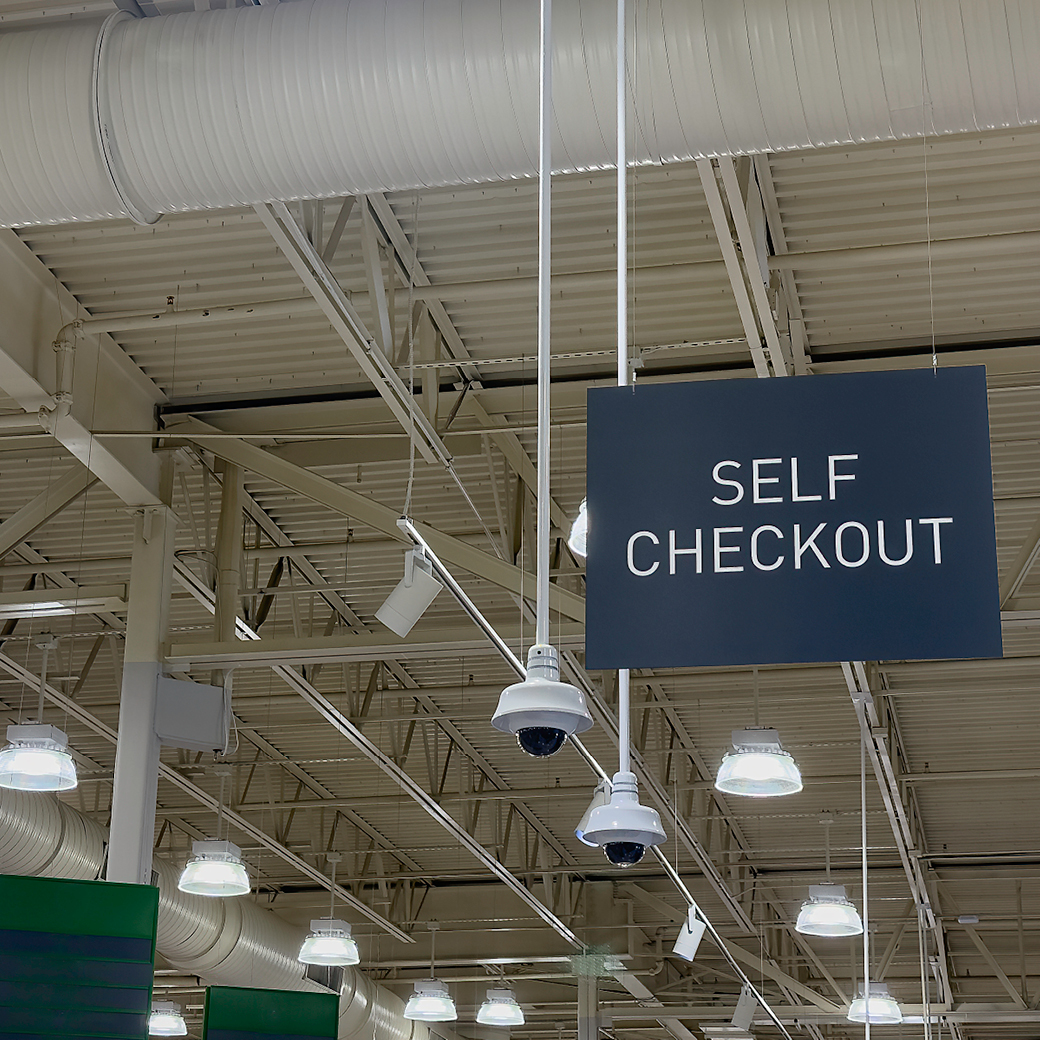
In the movie "Island of Lost Souls" that the above line references, the beast-men end up no longer feeling bound by Dr. Moreau's laws, as he himself breaks one of them….
I have a PowerPoint slide I use in my lectures. It is simply the words, "Tell the Truth." I especially feel the need to use it when I am appearing in a university setting so people can grasp, and hopefully internalize, the concept early. I tell the audience that there is no trick here; that it is not some campaign slogan. It is just a good idea for life in general and for marketing also. When I meet someone and they find out what I do for a living, they sometimes say some version of, "So you try to talk me into buying things I don't want or need." That is one way to look at marketing, I guess… I think of what I do as providing compelling truths about my clients or their products so people can make good, accurate decisions about the value of my clients and whether they need them or not. "Shoe-horning" is no way to build a relationship. If your product or your campaign is not good enough to win customers via truth, get a new product or get a new agency.
And it is through that lens that I look at the "new" blossoming of "native" advertising that is very hot right now. (The disguising of advertising as news content.) Apparently we are to believe that hoodwinking potential customers is considered a good start to a relationship. And when I see such storied organs as The New York Times willing to walk this road, I know things are getting bad. The most valuable thing that The New York Times has to offer is its reputation as a purveyor of truth. – I'd say native advertising threatens that and certainly weakens it. – They shouldn't ask people to value what they don't seem to value themselves. I often put things into human terms, which, I think, makes it easier for clients to see the relational aspects of an issue. If someone lied to you to get you to go out on a date with them, how would you feel when you found out the truth?
Think about this before jumping on the native advertising bandwagon. The natives will eventually turn on you….

“Everybody does it” may be the most dangerous moral shortcut we’ve collectively agreed to tolerate.

When humans face true cataclysm, we pull together. When it’s about money and power, not so much.
People seek to have power over their own lives. Teens, adults, older adults – everyone. What happens when they feel powerless? What happens when you or your communications make them feel they have less power?
The way we talk to others demand that they accept an identity for themselves, and sets up a particular relational dynamic. If we're not careful, that identity can be stigmatizing or turn away the very people we're trying to help.
Get the latest posts and updates delivered to your inbox.